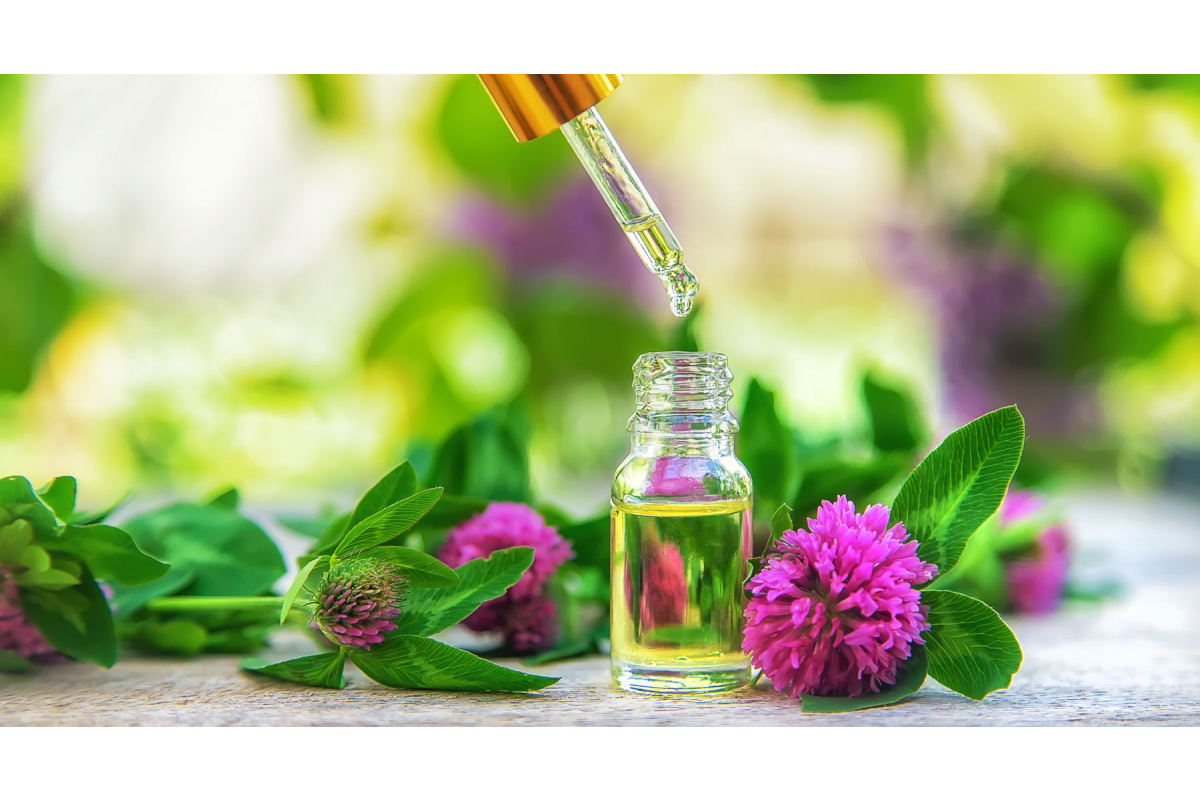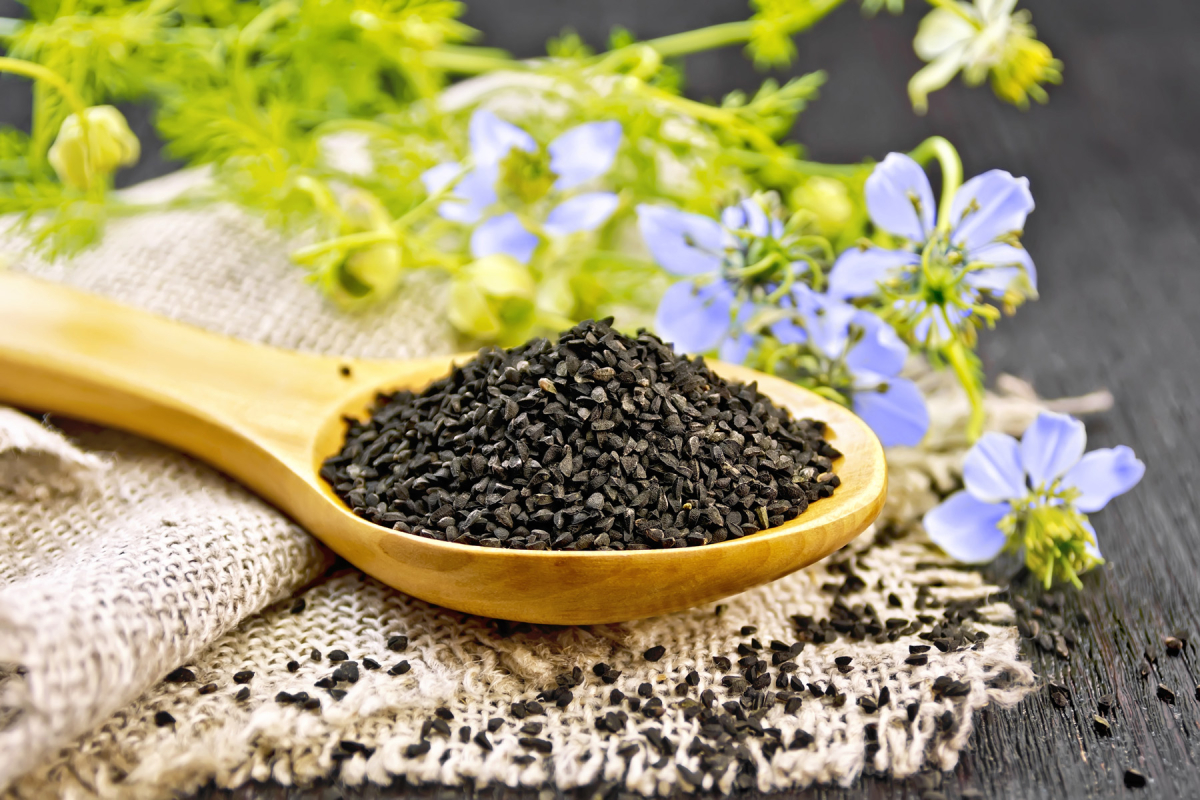Considering brushing and flossing as essential elements of daily routine, mouthwash is often overlooked. But mouthwash can make a significant contribution to maintaining and improving dental health.

What is mouthwash?
Mouthwash is an antiseptic liquid used to improve oral hygiene. It is used after brushing and flossing your teeth to clean and refresh your mouth, reduce plaque and prevent tooth decay.
Benefits of mouthwash for dental health
Prevention of plaque and tooth decay: Mouthwash can help prevent the formation of plaque and tooth decay. The antibacterial ingredients in mouthwash can kill bacteria that lead to plaque and tooth decay.
Protecting Gums: Mouthwash can help prevent gum disease by killing bacteria and reducing inflammation. It can also help reduce the symptoms of gum disease, such as bleeding and swelling gums.
Fighting bad breath: Mouthwash can help fight bad breath by killing the bacteria that cause it. In addition, it can help freshen breath and leave a clean mouth feel.
Ensuring thorough mouth cleaning: Mouthwash can help clean areas in the mouth that are difficult to reach when brushing and flossing. Gargling with mouthwash can help remove bacteria and food particles that get lodged in the backs of the mouth and between the teeth.
How to use mouthwash properly
For best results, mouthwash should be used after brushing and flossing. Here are the basic steps to using mouthwash properly:
- Pour the recommended amount of mouthwash (usually around 20ml) into the cap of the bottle or into a glass.
- Pour the mouthwash into your mouth without swallowing. Gargle the mouthwash in your mouth for about 30 seconds to a minute.
- Make sure it reaches all areas of your mouth including your teeth, gums, tongue and cheeks.
- Spit out the mouthwash without swallowing it.
It's important to note that mouthwash is not a replacement for brushing and flossing, but rather a complement to these practices.

Mouthwash can be a useful tool in overall oral hygiene. Along with regular brushing and flossing, mouthwash can help clean your mouth, prevent plaque and tooth decay, fight gum disease, and reduce bad breath.
There are many different types of mouthwash that have different ingredients and benefits. Some are designed to fight plaque and prevent tooth decay, while others are designed to fight bad breath or relieve gingivitis. It is important to choose the most suitable mouthwash for your needs and to use it regularly and correctly.
Note that mouthwash is not a substitute for regular dental exams and professional cleanings. Even the best oral care at home cannot prevent or treat all dental problems. Therefore, it is important to visit the dentist regularly to ensure that your teeth and gums are healthy.
Finally, it's important to remember that good oral hygiene is only one part of an overall health routine. Eating a healthy diet, regular exercise, and getting enough sleep are also important for maintaining your health, including the health of your teeth and gums.
Conclusion: An indispensable tool for your oral health
In conclusion, when used correctly and in conjunction with other oral care practices, mouthwash use can make a significant contribution to maintaining and improving your dental health. With its numerous benefits, mouthwash should be an integral part of your daily oral care routine. Here's how to ensure your smile stays as healthy and bright as possible.
Dental care - oral hygiene - toothpaste - mouthwash











